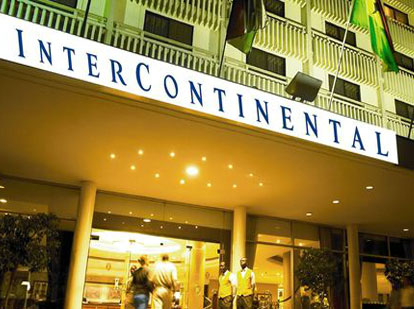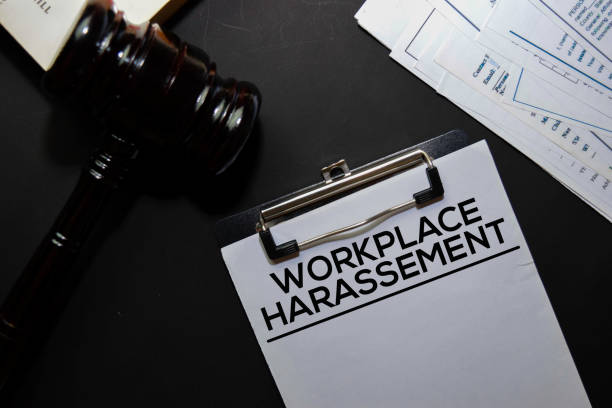Credit Bank has come under sharp criticism after allegations that it is forcefully taking over land in Loresho despite a High Court injunction forbidding any sale, transfer, or occupation of the property.
The landowners say the bank ignored the court order and colluded with officials at the land registry to effect illegal changes. Witnesses report that bank-linked security guards blocked access, altered records, and behaved as if the property had been lawfully acquired by the institution.
Court papers on file reportedly show that a restraining order was issued against any changes to ownership or use. Yet those directives appear to have been openly violated.
This development raises fresh questions about the rule of law in land transactions and the growing influence of financial institutions willing to stretch legality to protect their interests.

Loresho Land Grab Puts Credit Bank in Spotlight Over Massive Bad Loan Scandal
The Loresho land grab is unfolding against a backdrop of deep financial distress at Credit Bank. Recent auditor reports and market analysis reveal the lender is under-capitalised and struggling to meet statutory requirements.
The bank’s core capital reportedly stands at about KSh 1.3 billion, far below the minimum KSh 3 billion required by December 2025 under the Business Laws Act. Its liquidity ratio is also at 15.1%, significantly below the mandatory 20%.
Even more worrying is the state of its loan book. Industry sources suggest that around 60% of the bank’s loans are classified as non-performing. In effect, three out of every five borrowers are not paying back. If accurate, this is one of the highest delinquency ratios in the entire sector.
Experts argue that such numbers point to either reckless lending or deliberate mismanagement. Questions swirl around whether insiders received favorable loans, whether collateral was inflated, and whether governance checks were ignored.
Court Orders Ignored in the Loresho Land Grab
The heart of the Loresho land grab dispute lies in the defiance of a clear High Court order. The order, according to court filings, restrained Credit Bank and any associates from selling, transferring, or occupying the property.
Despite this, residents claim bank officials went ahead with entry changes at the land registry. Security personnel reportedly barred landowners from entering, reinforcing the impression that the bank had already taken control.
This bold disregard for a judicial directive raises concerns about enforcement of the law. If banks can brush aside court orders, citizens are left wondering whether property rights in Kenya are protected at all.
Collateral Pressure and Aggressive Asset Seizure
Credit Bank has recently announced plans to recover liquidity by completing stalled projects and aggressively selling collateral. Analysts note that this aligns with its current actions in Loresho.
Facing a ballooning pile of bad loans, the bank appears intent on squeezing as much value as possible from borrowers and disputed assets. Yet by moving against an injunction, the bank risks further legal trouble and a collapse of public trust.
Such behavior also highlights how undercapitalised lenders may seek shortcuts to survive. Rather than fixing governance issues or restructuring their operations, they turn to questionable asset grabs that undermine legal stability.
The Bigger Picture Beyond Loresho
The Loresho land grab may be one dispute, but it points to a larger crisis within Kenya’s banking sector. Several mid-sized banks are struggling with thin capital bases, weak oversight, and mounting non-performing loans.
Credit Bank’s aggressive moves in Loresho may be a desperate attempt to patch over a broken balance sheet. But the long-term cost could be higher. Alienating communities, defying court orders, and inflating its asset portfolio risk putting the bank in deeper conflict with regulators and the judiciary.
For the families in Loresho, the fight is personal: they are battling to keep land they say is rightfully theirs. For Kenya, it is a wider test of whether courts, regulators, and enforcement agencies can stand firm against financial institutions willing to gamble with legality.











































